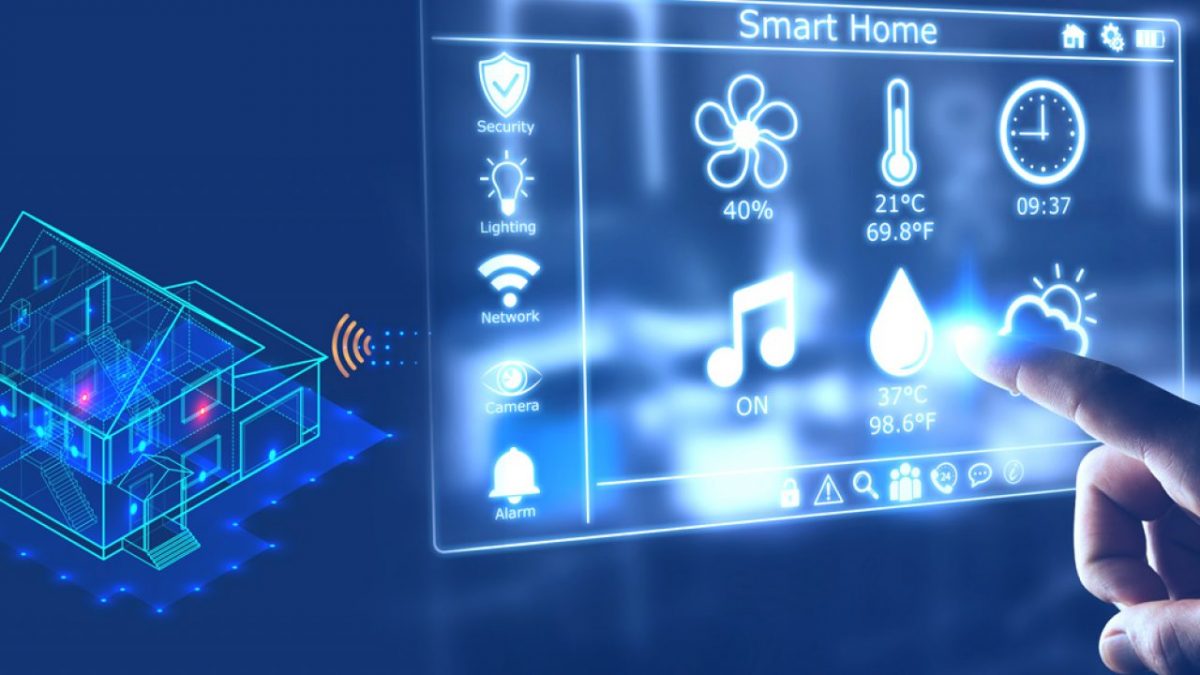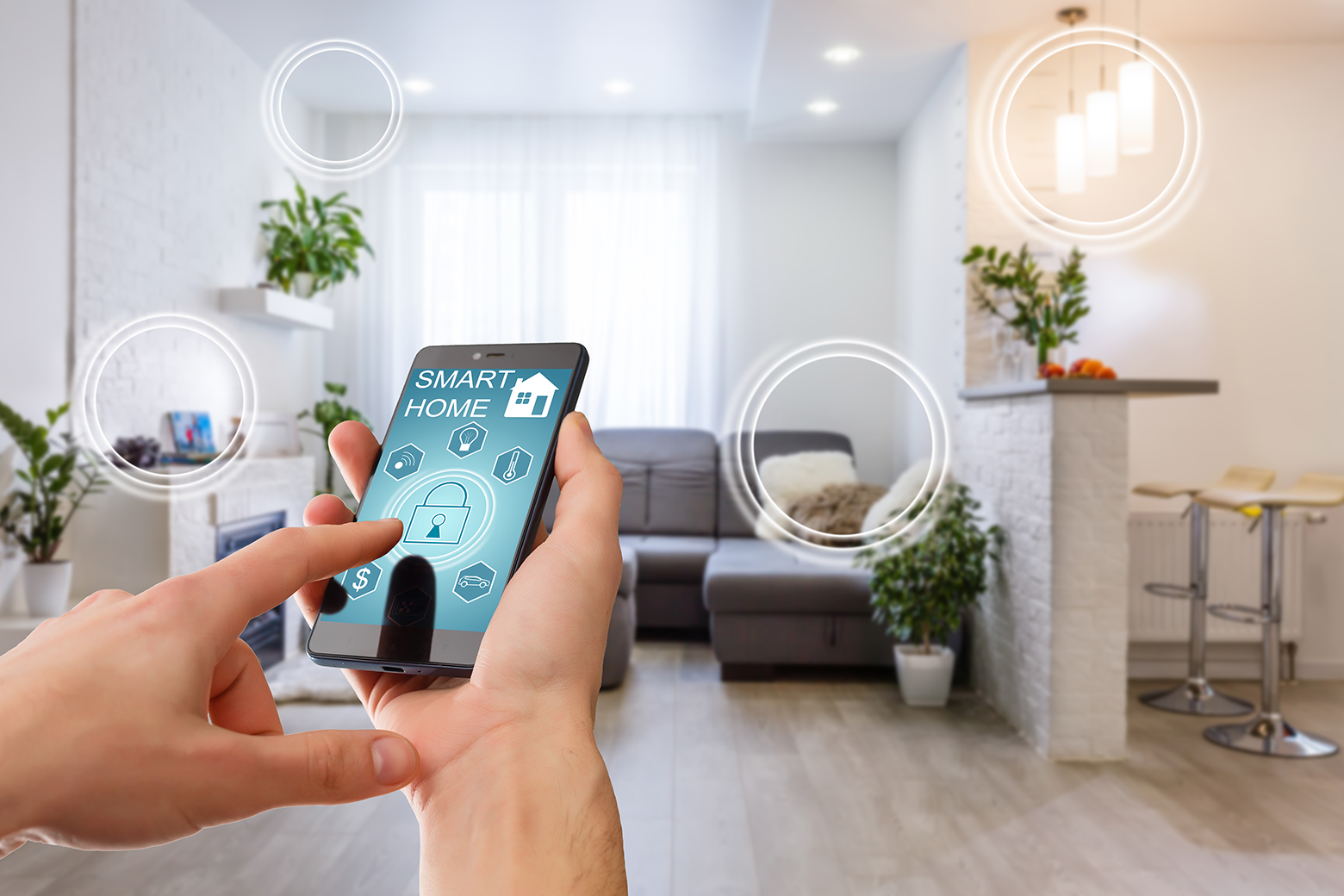In today's rapidly evolving digital world, the concept of a smart home has become increasingly popular among homeowners and businesses. These homes are equipped with a myriad of Internet of Things (IoT) devices designed to make life more convenient, efficient, and connected. However, with this convenience comes a new set of challenges, one of the most pressing being how to protect your smart home from hackers.
Understanding the intricacies of protecting your smart home is crucial. In this guide, we'll explore various strategies to safeguard your home and ensure your privacy is not compromised. So, let's dive deep into the world of smart home security and learn how to effectively shield your haven from unwanted intrusions.

Understanding the Smart Home Ecosystem
Before delving into security measures, it's essential to understand what constitutes a smart home. A smart home is an interconnected network of devices that communicate with each other to automate various tasks. These devices can range from smart thermostats, lighting systems, security cameras, to voice assistants like Amazon Alexa or Google Home.
While these devices bring unparalleled convenience, they also present multiple entry points for hackers if not secured properly. It's akin to leaving several doors and windows open in your home, inviting potential intruders. Therefore, a robust security strategy is vital to protect your digital sanctuary.
Implementing Strong Passwords and Two-Factor Authentication
The first line of defense in protecting your smart home from hackers is implementing strong passwords for all your devices and accounts. Avoid using easily guessable passwords like '123456' or 'password.' Instead, opt for complex combinations of letters, numbers, and special characters.
Moreover, enable two-factor authentication (2FA) wherever possible. This adds an extra layer of security by requiring a second form of verification, such as a text message or email code, in addition to your password. By doing so, even if a hacker manages to crack your password, they would still need the second verification to gain access.
Secure Your Wi-Fi Network
Your Wi-Fi network is the gateway through which all your smart devices connect. Securing it is paramount to protecting your smart home. Start by changing the default username and password of your router to something unique and complex.
Additionally, consider enabling Wi-Fi Protected Access 2 (WPA2) encryption, which is a more secure option than its predecessor, WEP. WPA2 ensures that data transmitted over your network is encrypted, making it challenging for hackers to intercept and decipher.
Regularly update your router's firmware to patch any vulnerabilities. Many routers offer automatic updates, a feature worth enabling to ensure you're always protected against the latest threats.
Keep Your Devices and Software Updated
One of the most effective ways to protect your smart home from hackers is by keeping all your devices and software up to date. Manufacturers often release updates to fix security vulnerabilities and bugs that could be exploited by hackers.
Set your devices to update automatically whenever possible. This way, you'll always have the latest security patches applied without having to remember to do it manually.
Consider Using a VPN
A Virtual Private Network (VPN) can add an additional layer of security by encrypting your internet connection. This makes it challenging for hackers to eavesdrop on your online activities or intercept sensitive data.
For those interested in learning more about VPNs for smart homes, you can explore our detailed guide on VPN for Smart Homes. This will provide you with insight into how VPNs work and how they can enhance your home's security.
Regularly Monitor Your Devices
Monitoring your smart devices regularly is essential to detect any suspicious activity. Many smart home systems come with apps that allow you to view device logs and receive alerts for unusual behavior.
Consider setting up notifications for login attempts or changes in device settings. This proactive approach enables you to respond swiftly to potential threats, minimizing the risk of a successful hack.
Educate Yourself and Your Family
While technology plays a significant role in securing your smart home, human awareness and behavior are equally critical. Educate yourself and your family on best practices for digital security.
Encourage everyone in your household to use strong passwords, recognize phishing attempts, and avoid sharing sensitive information online. A vigilant and informed household is less likely to fall victim to cyber threats.
Additional Resources and Recommendations
For a comprehensive checklist to help you secure your smart home, consider visiting HelloTech's Smart Home Installation Checklist. This resource provides valuable insights and steps to ensure your smart home is set up securely and efficiently.

FAQs
How can I tell if my smart home is hacked?
Signs of a hacked smart home may include unrecognized devices connected to your network, unusual device behavior, or unauthorized access alerts. Regularly monitor your devices and network for these signs.
Are all smart home devices vulnerable to hacking?
While no device is completely immune to hacking, taking proper security measures can significantly reduce the risk. Always choose devices from reputable manufacturers and keep them updated with the latest firmware.
Can using multiple security layers help in protecting my smart home?
Yes, employing multiple security layers, such as strong passwords, 2FA, VPNs, and regular monitoring, creates a robust defense against potential hackers. The more barriers you have, the harder it is for hackers to gain access.
Securing your smart home from hackers is an ongoing process that requires vigilance and a proactive approach. By implementing the strategies outlined in this guide, you can enjoy the benefits of a smart home without compromising your privacy and security. Remember, the key is to stay informed, remain cautious, and continuously adapt to the ever-changing digital landscape.

